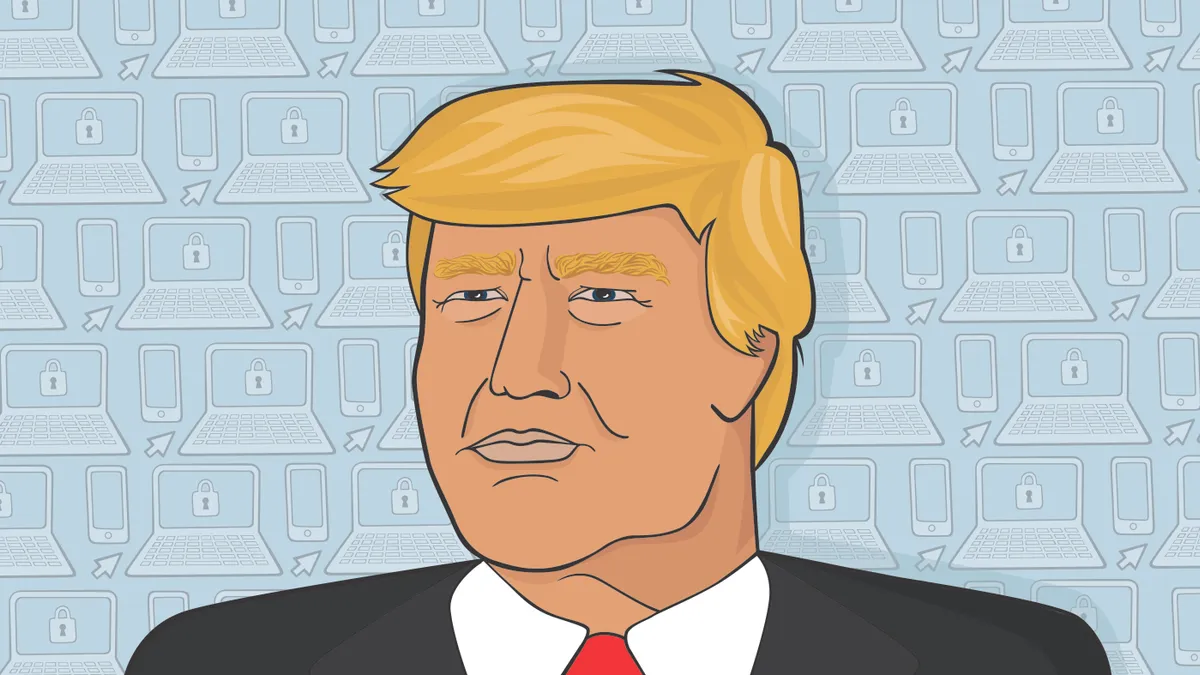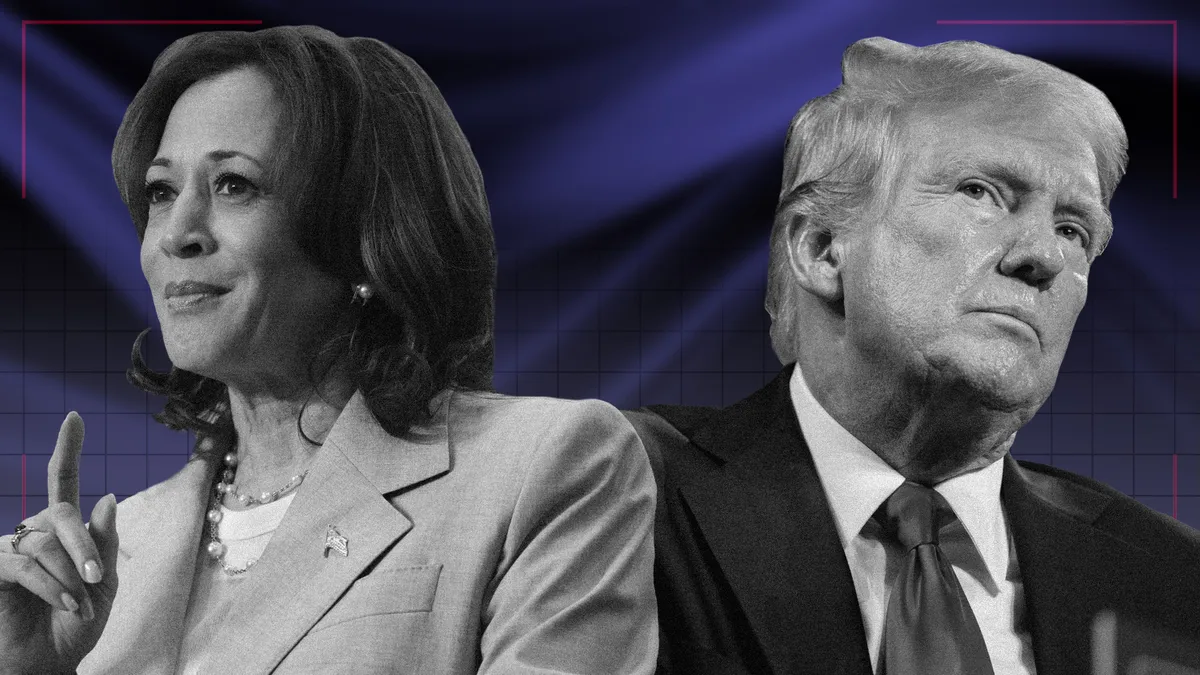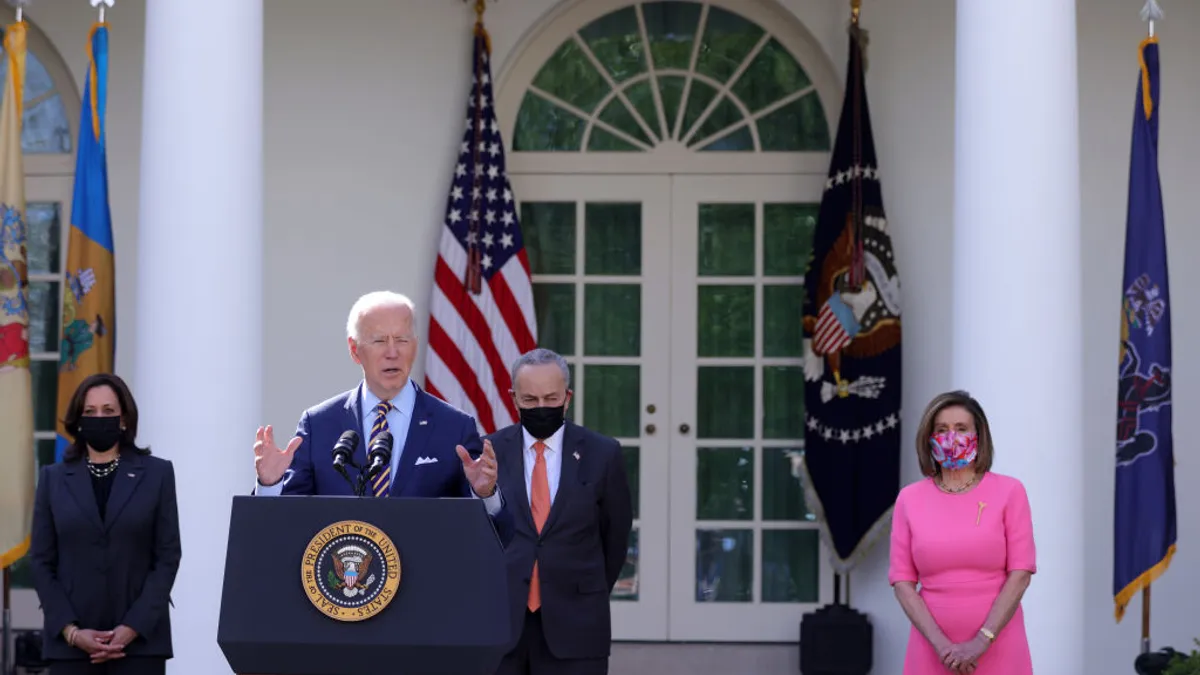Dive Brief:
- Members of President Trump's national security team are debating building a secure nationalized 5G network, as first reported by Axios. The 5G build-out would aim to protect the U.S. against what some officials view as an economic and cybersecurity threat from China, namely the Chinese spying on or hacking U.S. phones.
- National Security Council (NSC) documents on the issue present two options: The federal government funds and builds a single nationwide network within three years, or wireless providers build their own 5G networks and compete with each other.
- In response, Federal Communications Commission (FCC) Chairman Ajit Pai released a statement opposing a nationalized 5G network.
Dive Insight:
Wireless carriers already have sunk billions into building their own 5G systems, with Verizon testing 5G broadband service in a handful of cities this year and AT&T conducting its own pilots in other locations. Both carriers expect to officially roll out their 5G networks in select cities by the end of this year.
While the documents regarding the possible network nationalization indicate that a federally built 5G network would be finished more quickly than if service providers built their own networks, it's difficult to imagine that a federal network could be completed faster, or perhaps even within the stated three-year goal. The government would have to approve, fund and then build the network, whereas carriers already are many steps ahead with their projects.
The goal sounds even less attainable when considering a White House spokesperson said talks are in the very earliest stages and that other high-ranking officials expect no real movement on the matter until around September. Plus, the government would likely have to work with or contract the major telecom players to build its own network.
Unsurprisingly, organizations representing businesses in the wireless industry — USTelecom and CTIA — voiced opposition to the idea of a nationalized system, although the carriers themselves have so far remained quiet.
If the administration moves forward with a nationalized 5G network it could vastly reshape an industry that is primarily controlled by private wireless carriers. It could change the landscape of how Internet of Things technologies work in cities both at the public and private level. Autonomous vehicles, for example, are expected to be one of the huge 5G network users.
Amid the sudden debate and sometimes strongly voiced opposition, it's worth noting that although the NSC posited the idea in its report, the council does not oversee and authorize broadband deployments. The FCC would have to authorize a nationalized 5G network, but with its chair opposed to the idea and other sitting commissioners expressing their own concerns, it would be a tough sell.











